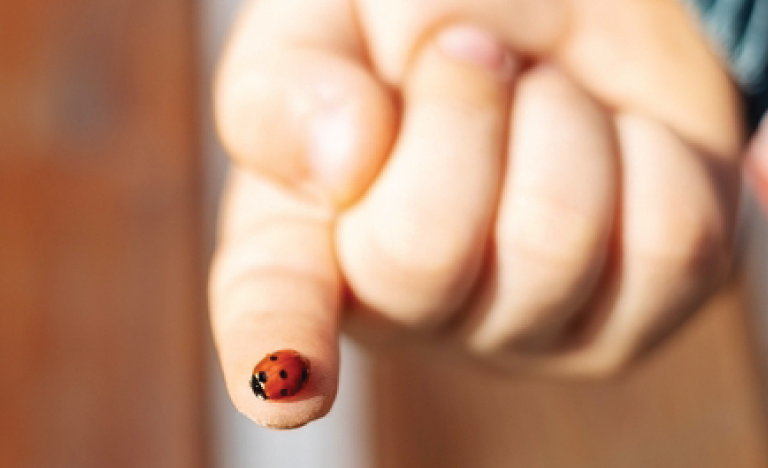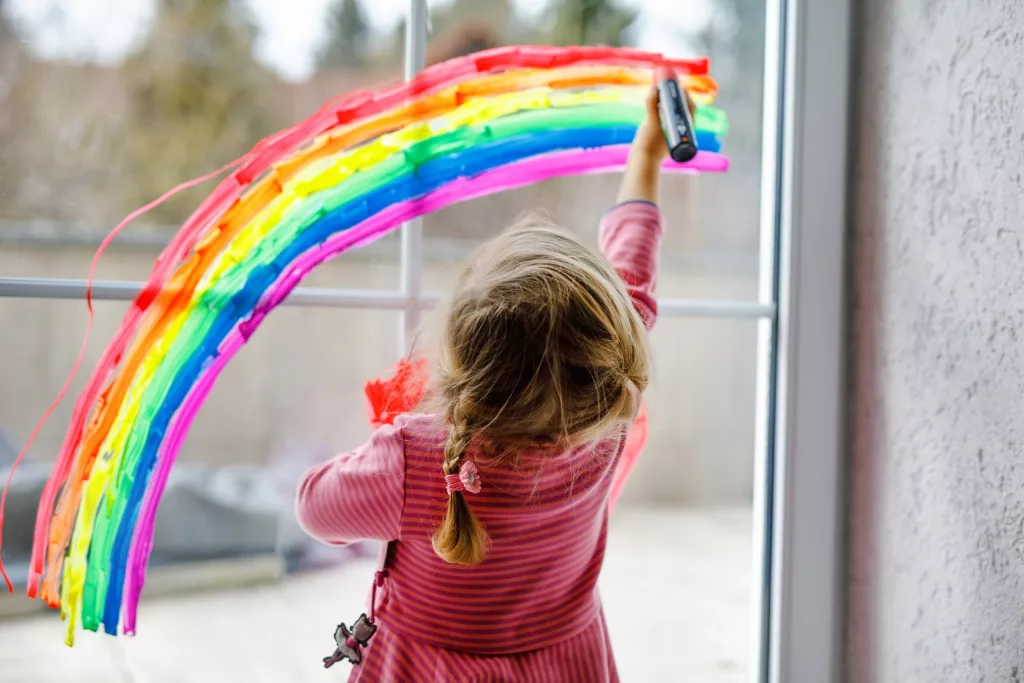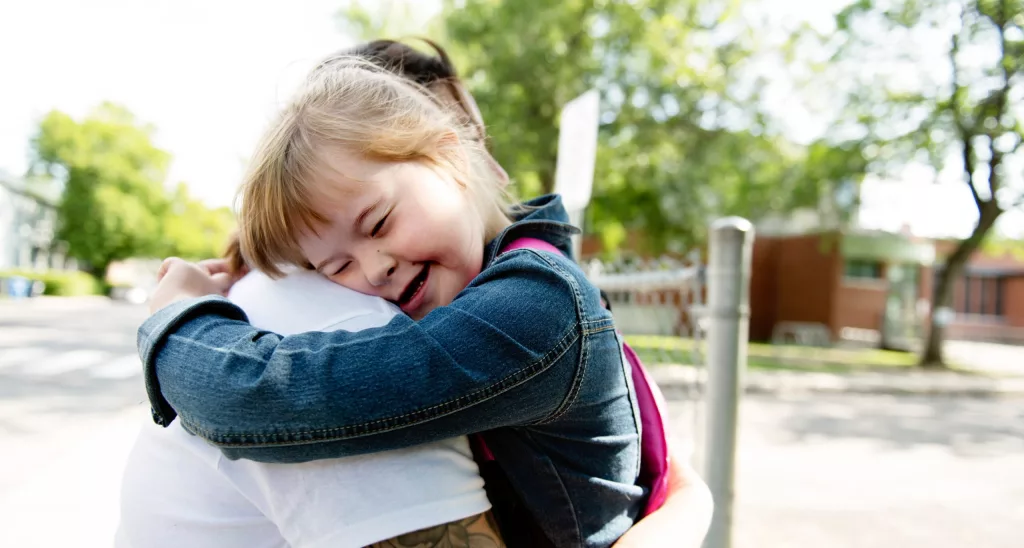22/05/2023
May 22 is The International Day for Biological Diversity, a date created by the United Nations (UN) to encourage us to protect the huge variety of animals, plants, microorganisms, ecosystems and living beings that inhabit the world. What is the importance of biodiversity for the present and future of children? Preserving is essential to maintain the Earth’s ecological balance and ensure our survival.
What’s happening with biodiversity?
According to the Living Planet report, produced by WWF, the world has lost 69% of its wildlife in the last 40 years. According to the UN, today, about 25% of all animal and plant species in the world are threatened with extinction. These findings are extremely worrying and have implications in several fields. Nature is responsible for pollination, which guarantees us food, for purifying air and water, for regulating the climate, among others. Without the preservation of biodiversity, all these aspects are put at risk, which can cause serious consequences for human health and the economy.
In addition, the loss of biodiversity directly affects the food chain and food security. The degradation of ecosystems and loss of natural habitats reduce the availability of food and increase the vulnerability of communities that depend directly on nature to survive. The loss of species and ecosystems can also lead to reduced agricultural production, the spread of disease and also the loss of jobs in sectors as diverse as tourism and fisheries.
Biodiversity and children
Amidst this great global crisis are children. They are the most vulnerable to the effects of biodiversity loss, and suffer the consequences related to:
– Access to food: soil devastation, the imbalance of the food chain with the disappearance of animals and pollinating insects, reducing the amount of food essential for the physical and mental development of children;
– Water quality: original vegetation and fauna are essential for drinking water on the planet, which directly affects children, as every two minutes a child dies from diseases caused by contaminated water;
– Contact with nature: children are living in ever-larger cities with a shortage of green spaces and difficult access to those that exist. As a result, they know less about the planet’s biodiversity – fundamental for their quality of life, and to develop a sense of belonging and care for nature.
How to reverse biodiversity loss?
We already know it is necessary to implement effective environmental conservation policies, promote attractive practices and encourage restoration of degraded ecosystems. To create protected areas and regulate the use of natural resources are important measures for the conservation of biodiversity. As well as adopting environmental agricultural practices, such as agroecology and organic agriculture, to reduce the impact of human activity on nature.
Another essential strategy is the restoration of degraded areas. The recovery of ecosystems can be done by planting seedlings and promoting natural regeneration. But for all this to happen, we need to be clear about the importance of biodiversity and understand that nature is not an infinite well of resources, that we need to reduce our pressure. If we want to survive, and deliver, in the present, a future to our children.




